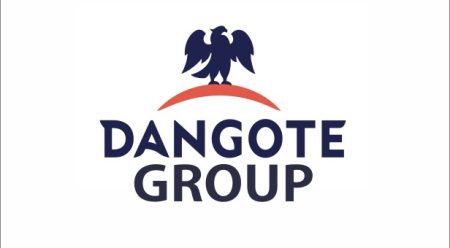Chelsea Football Club finds itself entangled in a logistical web at the FIFA Club World Cup, a predicament stemming from their unexpected second-place finish in Group D. The Blues, accustomed to meticulous planning and seamless transitions, are grappling with unforeseen travel arrangements and a disrupted schedule, all adding a layer of complexity to their pursuit of the coveted title. Their initial strategy, predicated on winning the group and remaining in Miami throughout the knockout stages, has been thrown into disarray, forcing the club to scramble for alternative arrangements and adapt to a more demanding itinerary. This unexpected turn of events underscores the volatile nature of tournament football and the importance of contingency planning, even for the most meticulously prepared teams.
The crux of Chelsea’s logistical conundrum lies in their unanticipated journey to Charlotte for their round of 16 clash against Benfica. Having initially anticipated topping Group D, the club had established a comprehensive logistical framework centered around Miami. This included pre-booked hotels, meticulously planned training sessions, and a streamlined travel itinerary designed to minimize disruption and maximize player recovery. However, their 3-1 defeat to Flamengo, followed by a 3-0 victory over Esperance Tunis, landed them in the runners-up spot, necessitating a trip to Charlotte’s Bank of America Stadium – a detour that throws their carefully calibrated plans into disarray.
This unexpected change of venue necessitates a cascade of last-minute adjustments, impacting every facet of the team’s operations. From securing new accommodations and rearranging training schedules to coordinating transportation logistics, the club’s support staff is working tirelessly to minimize the disruption and ensure the players remain focused on the task at hand. The added travel burden, coupled with the compressed timeframe of the tournament, poses a significant challenge to player recovery and preparation, potentially impacting their performance on the pitch. The club’s ability to adapt to these unforeseen circumstances and maintain its competitive edge will be a crucial factor in determining its success in the tournament.
While the trip to Charlotte presents a logistical hurdle, Chelsea remains committed to its original strategy of using Miami as its operational hub. Following the Benfica match, the club plans to return to Miami, adding further travel to an already demanding schedule. This decision underscores their belief in the importance of maintaining a consistent environment for the players, minimizing disruption and maximizing recovery time despite the unexpected detour. The added travel, however, adds another layer of complexity to an already intricate logistical puzzle, highlighting the challenges of managing a top-flight football team in a demanding tournament environment.
Should Chelsea overcome Benfica and progress to the quarter-finals, they will face another travel leg, returning to Philadelphia for a potential all-Brazilian encounter against the winner of the Palmeiras-Botafogo clash. This further underscores the logistical complexity that Chelsea now faces, forced to navigate multiple cities and adapt to varying training facilities and playing conditions. Each transition presents its own set of challenges, from coordinating travel arrangements and managing player recovery to ensuring the team remains focused and prepared for each match. The ability to seamlessly navigate these logistical hurdles will be a testament to the club’s organizational prowess and its resilience in the face of adversity.
In conclusion, Chelsea’s journey in the Club World Cup has taken an unexpected and logistically challenging turn. The unforeseen second-place finish in their group has disrupted their meticulously planned itinerary, forcing them to adapt to last-minute changes, navigate multiple travel legs, and contend with a more demanding schedule. While the club remains committed to its original strategy of using Miami as its base, the added travel burden and the need for constant adjustments pose significant challenges. Their ability to overcome these logistical hurdles and maintain their competitive edge will ultimately determine their success in the tournament, highlighting the crucial role of adaptability and resilience in the unpredictable world of professional football.














